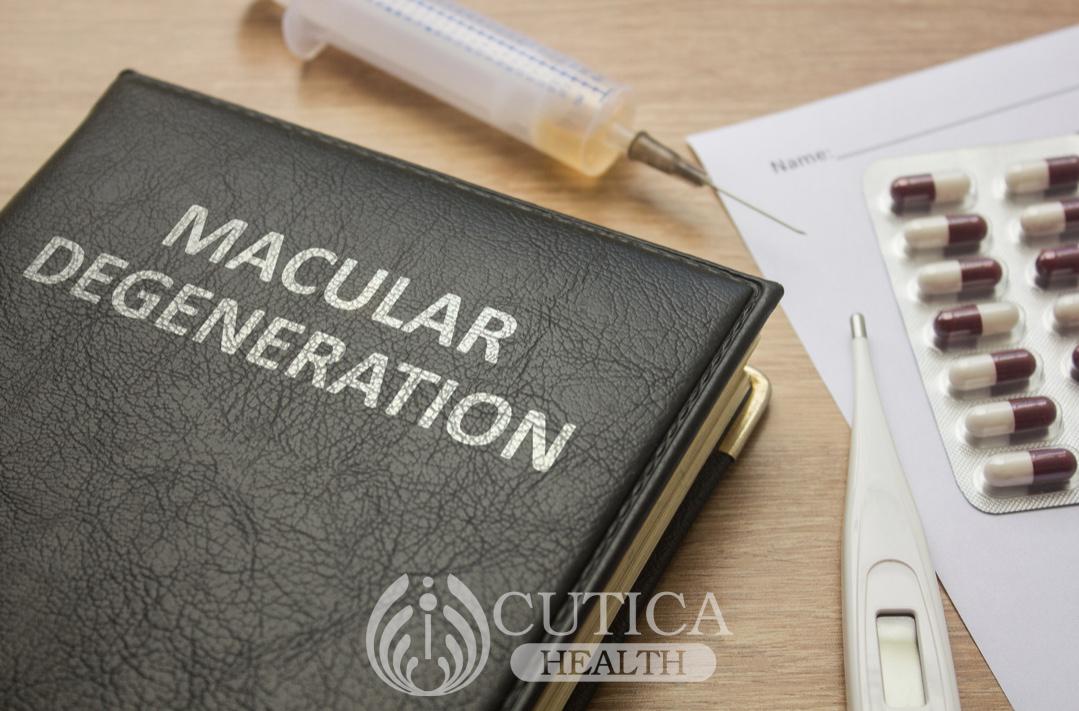
The eyes they say are the light of the body—little wonder that we dread losing our vision. Unfortunately, it so happens that many people suffer from what doctors call macular degeneration.
What is macular degeneration?
The macula is that part of the retina that handles central vision – or the vision of an object just in front of you - and the retina is the area at the back of the eye that receives light and transmits what we see to the brain for processing. The macula degenerates or wears off in some people and we call the condition macular degeneration.

Macular degeneration results from two main reasons—protein buildup around the retina or the leakage of blood vessels causing a fluid buildup in this part of the retina, resulting in blurred vision or causing a blind spot in your visual field. The latter is the commoner type of macular degeneration, also called dry macular degeneration, while the latter is wet macular degeneration, which is age-related.
What causes age-related macular degeneration?
As already stated, having leaky vessels in the macula of the retina leads to fluid buildup and gradual vision loss. This condition is called age-related macular degeneration because it accounts for the greatest cause of vision loss in persons 60 years or older. It worsens with age, and is unfortunately, incurable.
Doctors don’t know the exact cause of age-related macular degeneration, but there are known risk factors, including high blood pressure, excessive weight, smoking and a family history. Maintaining a healthy weight does lots of good and avoiding age-related macular degeneration is just one of them. Monitoring your blood pressure and quitting smoking also help to keep this disease at bay.
Remember to avoid secondhand smoke also, as the effects are no less dangerous. Unfortunately, there isn’t much you can do about a family history of age-related macular degeneration, but you definitely can slow down the progression of this scary condition.

How do I know if that I’ve got age-related macular degeneration?
Age-related macular degeneration comes with certain distinct signs and symptoms. Your central vision (vision of objects right in front of you) is affected, making it difficult to read and difficult to write. Doctors check if you have lost your central vision using an Amsler grid. When you look at the center of this grid, seeing curved lines, distorted lines, missing blocks or missing lines confirms the diagnosis of age-related macular degeneration. Once diagnosed, you need urgent medical attention.

Treatment of Age-Related Macular Degeneration
As stated earlier, there is no cure for this condition; however, doctors m ay recommend vision aids or some eye medicines to help improve your vision and quality of life. In some cases, doctors may use what is called light therapy to improve the sensitivity of the macula and lower the progression of the disease.
Take-home message: Age-related macular degeneration is a serious medical condition affecting older folks, 60 years and older. Though incurable, age-related macular degeneration can be slowed down by maintaining a healthy weight, quitting smoking and monitoring your blood pressure.












